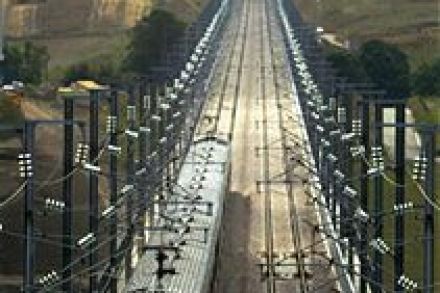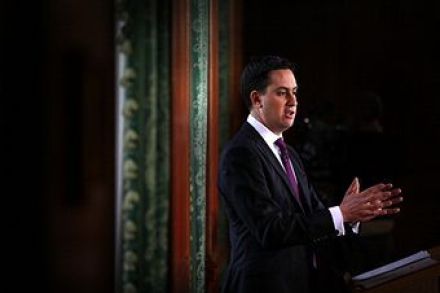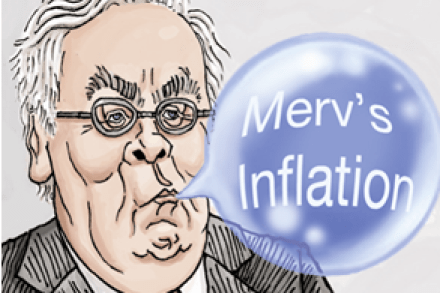Will cuts kill the little platoons?
David Cameron is clear that his Big Society is about more than just volunteering. Yet during the recent spat on the matter, one of the strongest, most frequent criticisms voiced against it was that cutting state spending will lead to fewer volunteers. Dame Elisabeth Hoodless, executive director of Community Service Volunteers, claimed that the coalition’s spending cuts risk “destroying the volunteer army”. Johann Hari was also among those making this attack. In the 10 O’Clock Live debate that Fraser blogged last week, he claimed that international evidence tells us that volunteering is highest where public spending is highest. Here’s what he said: “The biggest international study of volunteering was done



















